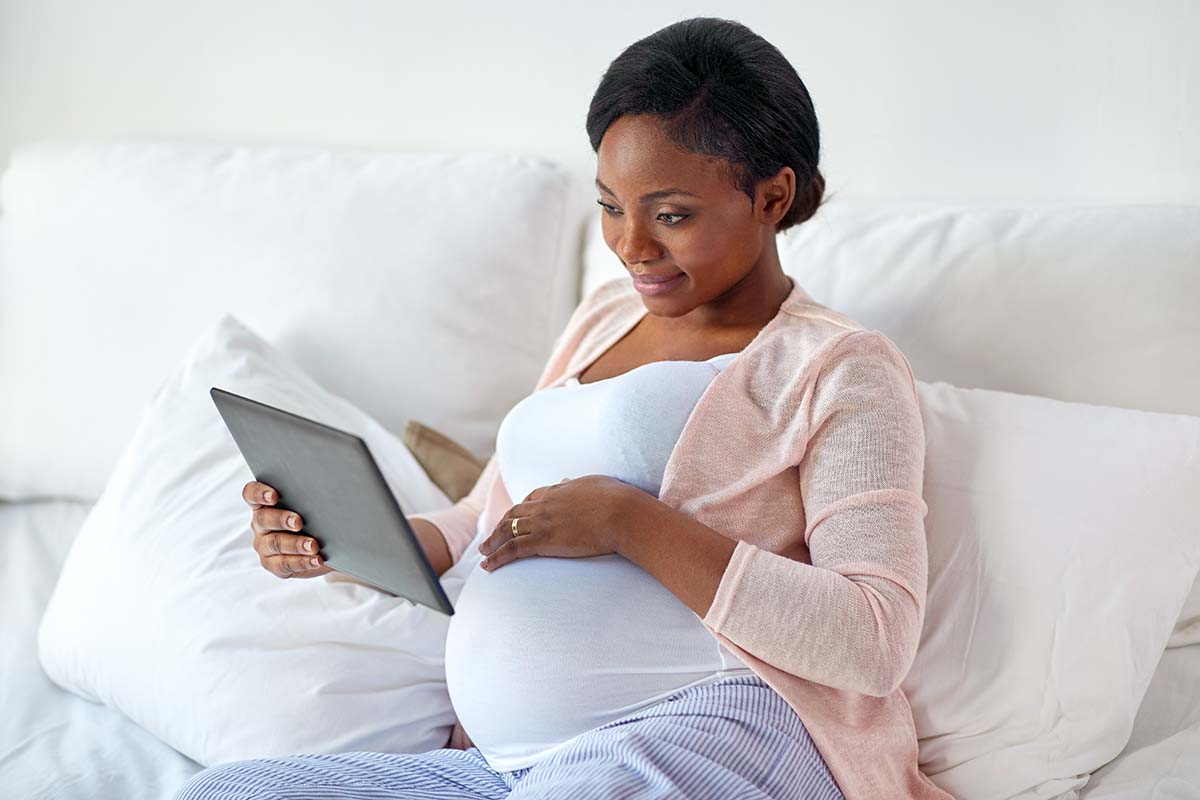When I was in my mid-20s, I was diagnosed with medical conditions that I knew could make it difficult for me to conceive and carry a baby to term. Not only was this emotionally difficult for me and my husband, but I quickly realized that I didn’t know anything about this topic at all. I ended up doing a lot of research on my own, as well as talking with doctors, to figure out what my best options were, but I feel that the process would’ve been easier if I had more information on day one of my fertility journey. Here are a few of the things I wish I had known about reproduction in general, not just fertility:
- How ovulation truly works, including which hormones are involved, how my body prepares for ovulation and a potential pregnancy each month, and what happens when an egg is fertilized and when it’s not.
- How my cycle actually works, and exactly what happens every month. I didn’t even know that cycle day 1 was the start of your period – I thought your cycle ended with your period (maybe that’s my ignorance but clearly health class failed me in that!)
- What tests and apps are available? There are so many different options along with varying theories, that it just becomes a lot of noise. I read a great book called Taking Charge of Your Fertility that taught me the Natural Family Planning method, and I can thank that book for teaching me what I know about my body and how to know when I am ovulating without solely relying on ovulation strips or apps.
- Things that seem simple tend not to be. For example, freezing your eggs while you are young is becoming a common conversation, but it is often portrayed as something that is incredibly easy to do. Once you start learning more, you develop an appreciation for the fact that nothing in the fertility world is automatic.
Young women today know a lot more about their reproductive health than I ever did. This is an amazing trend, because as the old saying goes, knowledge is power. It comes down to learning as much as you can so you can make informed decisions and choices that will help you get the results you want. That’s why I think fertility planning should be as much a part of sex education as contraceptives. This is especially important because people are having children much later in life and are encountering fertility issues because of this trend.
If young people (both men and women) are properly educated on reproductive health and family planning, they might feel empowered to take care of their bodies for the now and the future. We need to be real and age-appropriate with young people about sexual health and education. We can’t be teaching kids that it’s easy to get pregnant in an effort to scare them into abstinence – but we also can’t teach kids that it’s difficult, because the truth is that it’s not challenging for some people. We need to be real about proper care and family planning and stress the importance of respecting and understanding our bodies.


